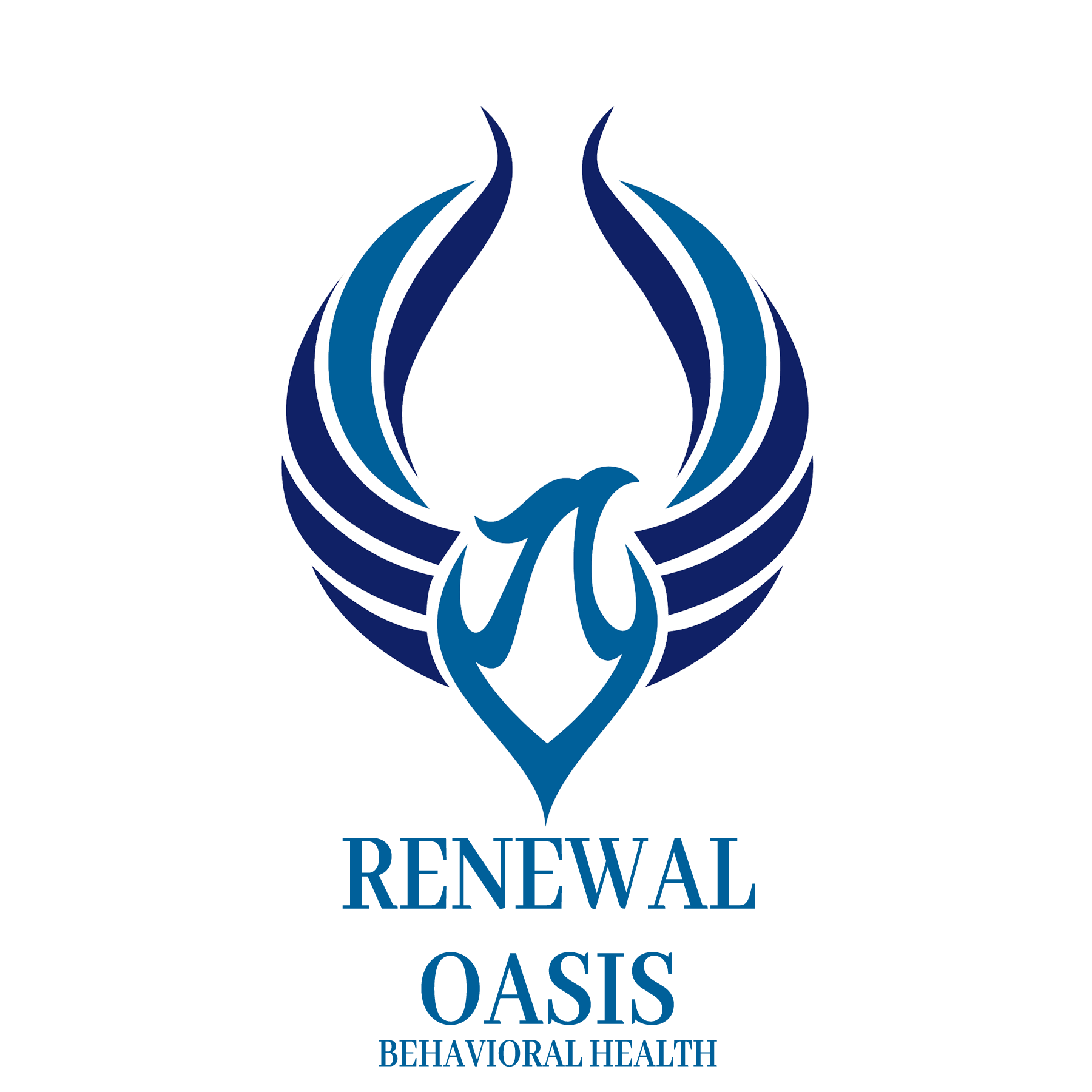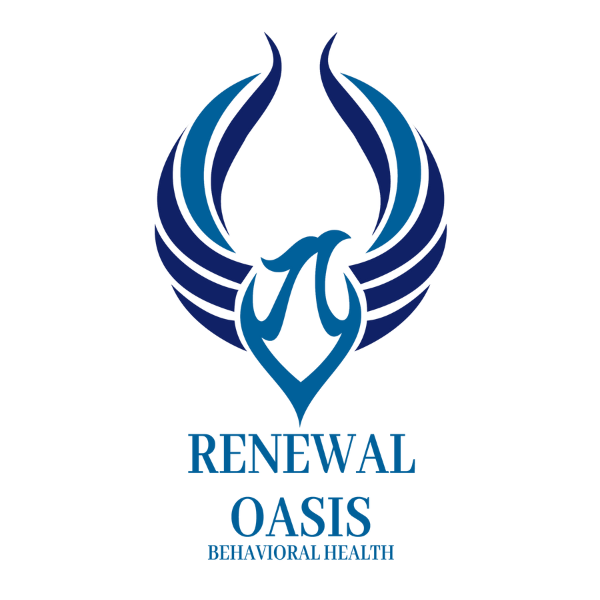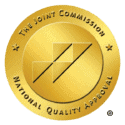The mood a person finds themselves in dictates how they act and react at home, with loved ones, at work, and more. Someone who needs mood disorder treatment may wonder what can be done to change the trajectory of their feelings. Actually, many don’t know they have a legitimate mental health disorder and can learn to control it. Renewal Oasis provides highly effective care for people who have difficulty controlling their moods. Our team of clinicians uses their extensive training to help people understand why they feel the way they do. From there, they can learn to reassess their reactions and develop positive healthy coping skills. As a result, they improve their moods and the way they interact with others.
What are Mood Disorders?
Mood disorders are classified as mental health disorders and cause a disruption to a person’s natural ability to moderate their moods. A person may experience severe lows or manic highs and, despite recognizing they can be problematic and painful to endure, cannot change their moods. When this occurs, the individual will need mood disorder treatment given by an individual professional or at a facility that treats mental illness. Finding impactful treatment from trained mental health experts proves important because almost one in ten people 18 and over has a mood disorder.
Several types of mood disorders exist. This makes it imperative that a person receive a thorough assessment from a mental health expert to determine an exact diagnosis. The types of mood disorders include:
- Major Depressive Disorder
- Dysthymia
- Seasonal Affective Disorder (SAD)
- Bipolar Disorder
- Postpartum Depression
- Substance-Induced Depression
Types of Mood Disorder Treatment at Renewal Oasis
What type of mood disorder treatment a person receives depends on a few evaluating factors. An assessment will determine the severity and length of the mood disorder. Any previous attempts at treatment will be discussed, as well as setting goals to achieve while under the facility’s care. The types of mood disorder treatment available include the following levels of care:
Residential: Often the first stop for people experiencing severe symptoms of a mood disorder, residential care takes place around the clock in a facility. Designed to look and feel like a home, rather than a hospital, residential facilities provide a safe space for people to decompress. Residents have access to a professional support system 24/7 they can’t get in outpatient programs. Therapists teach them to understand their mood disorder and how to gain control of many of its symptoms.
Partial Hospitalization Program (PHP): PHP plans typically take place for several hours per day five to seven days per week. They work well for people who have completed a residential plan or don’t need one. The heavy schedule of therapy sessions offers much of the support provided by a residential plan but still allows the individual to live in their own home. People in PHP can take what they learn during the day about controlling their mood disorders back home and apply it to real-life situations.
Intensive Outpatient Program (IOP): The mid-level of outpatient care offers many of the aspects of PHP without requiring the same time commitment. Sessions usually take place for a few hours per day several days per week.
Outpatient Program (OP): Often the final stop before concluding treatment, OP plans involve one or two types of therapy sessions done weekly or bi-weekly. They reinforce progress already made in higher levels of care.
Request a Confidential Callback
You have reached the form entry limit. Please call (760) 334-9359 to reach our admissions team. Thank you!
Therapy for Mood Disorders
At the heart of effective mood disorder treatment lies exposure to multiple types of therapy. In fact, most people experience more improvement in their symptoms when exposed to more than one type of therapy as opposed to just one type. The types of therapy that can help improve mood disorders include:
Individual Therapy: A therapist works one-on-one with the person to help them open up and discuss their emotions and behaviors. The trust built between the two leads to the ability to manage many of the symptoms of a mood disorder.
Cognitive Behavioral Therapy (CBT): CBT teaches people to recognize distorted thoughts and behaviors and change them. Reframing how they think, act, and react can dramatically reduce their symptoms.
Dialectical Behavior Therapy (DBT): DBT teaches people to regulate their emotions so they interact in more productive ways and enjoy healthier relationships with others.
Holistic Therapy: This type of therapy focuses on healing the mind, body, and spirit simultaneously by engaging in experiential activities. As a result, the individual gains better control of their emotions.
Family Therapy: A therapist leads families in discussions that help each person express themselves and learn to communicate more effectively. Consequently, the family learns better ways to support their loved one.
Group Therapy: A small group of people work together under the guidance of a therapist. They enjoy the give-and-take of peer support with people who understand the challenges of having a mood disorder.
Transcranial Magnetic Stimulation (TMS): A non-invasive use of administering magnetic pulses to the brain that help decrease the symptoms of depression.
Contact Renewal Oasis About Mood Disorder Treatment Today
Have you looked for mood disorder treatment but can’t find a program that meets all of your needs? Maybe you’ve gone for treatment before but didn’t get the results you deserve. Renewal Oasis Behavioral Health understands the complexities of treating mood disorders and created a comprehensive program that gets results. Our staff shows up every day determined to help you understand the source of your fluctuating moods and how to learn to control them. We provide a multi-disciplinary menu of effective therapies and options for prescription medications that help you improve your mood.
Contact us today to find out how easy it is to get started on improving your mood. Our friendly staff stands ready to answer your questions and provide a free insurance verification.



